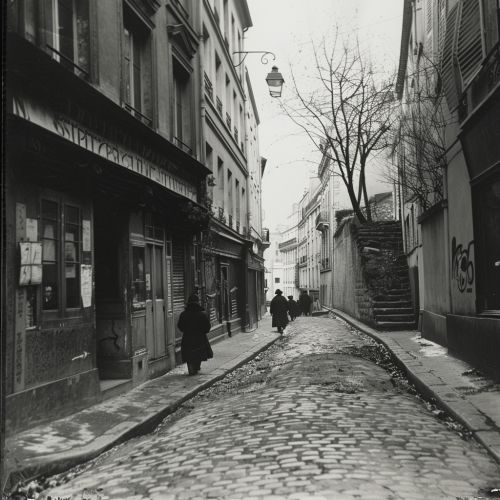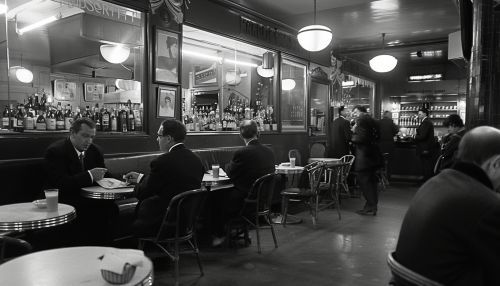Jean-Paul Sartre
Early Life
Jean-Paul Sartre was born on June 21, 1905, in Paris, France. His father, Jean-Baptiste Sartre, was a naval officer who died of a fever when Sartre was only fifteen months old. His mother, Anne-Marie Schweitzer, was the cousin of Albert Schweitzer, a renowned physician and philosopher.


Sartre was raised by his mother and maternal grandfather, Charles Schweitzer, in the home of his paternal grandparents. Charles Schweitzer, a high school teacher, introduced Sartre to classical literature at a very young age. This early exposure to literature would later influence Sartre's career as a philosopher and writer.
Education
Sartre attended the Lycée Louis-le-Grand in Paris, where he excelled in his studies. He later studied at the École Normale Supérieure (ENS), one of the most prestigious higher education institutions in France. At ENS, Sartre studied philosophy and was influenced by the works of philosophers such as Immanuel Kant, Friedrich Nietzsche, and Martin Heidegger.
Career
After completing his studies, Sartre taught philosophy at various high schools throughout France. He also began writing philosophical works and novels. His first novel, "Nausea", was published in 1938 and is considered one of the seminal works of existentialism.


During World War II, Sartre was drafted into the French army. He was captured by German forces in 1940 and spent nine months as a prisoner of war. After his release, he became a prominent figure in the French Resistance against the Nazi occupation.
Philosophy
Sartre is best known for his philosophical works on existentialism and phenomenology. His most famous philosophical work, "Being and Nothingness", was published in 1943. In this work, Sartre explores the concept of human freedom and the existential angst that comes with it. He argues that humans are "condemned to be free", meaning that they are always free to make choices, but this freedom also brings about a sense of responsibility and dread.
Sartre's philosophy also includes the concept of "bad faith", which refers to the tendency of individuals to deceive themselves into thinking that they are not free in order to escape the anxiety that comes with freedom.
Later Life and Death
In his later years, Sartre became involved in political activism. He was a vocal critic of American involvement in the Vietnam War and was an advocate for various left-wing causes. In 1964, he was awarded the Nobel Prize in Literature, but he declined the award, stating that he always refused official honors and did not wish to be "institutionalized".
Sartre died on April 15, 1980, in Paris. His funeral was attended by thousands of people, reflecting his status as one of the most influential philosophers of the 20th century.
Legacy
Sartre's philosophical works have had a significant impact on a wide range of disciplines, including philosophy, literature, psychology, and political science. His ideas on existentialism and freedom continue to be widely discussed and debated in academic circles.


